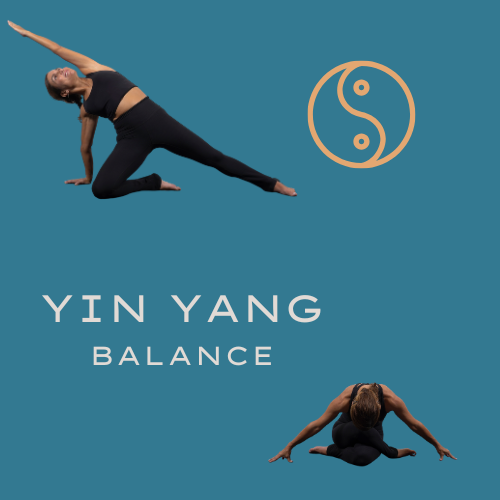5 Myths about yoga......
- Victoria Lovera
- Jun 5, 2024
- 2 min read
Yoga has gained popularity around the world as a practice that promotes physical and mental well-being. However, with its increasing acceptance, some myths surrounding this ancient discipline have also emerged. Below, we'll explore and demystify some of the most common misconceptions about yoga.
1. Yoga is only for flexible people: Among the most deeply rooted myths about yoga, the belief that only naturally flexible people can participate in this discipline stands out. Contrary to this idea, yoga does not focus exclusively on flexibility, but rather on establishing a connection between the mind and the body. Flexibility is simply one of the aspects that develop with constant practice. In reality, yoga is accessible to everyone, regardless of their initial level of flexibility. Beginners can start with simpler poses and, over time, experience improvements in their flexibility.
2. It's a religion: Another common myth suggests that yoga is a religion. Although its roots are linked to India and the Hindu religion, yoga does not constitute a religious practice in itself. It is rather a spiritual experience that helps people connect with their inner selves, find peace and serenity in daily life, regardless of their religious affiliation.3. Only women practice it: Demystifying the notion that yoga is exclusive for women, it is important to recognize that this practice benefits everyone, regardless of gender. Although most practitioners tend to be women, yoga offers health improvements for both men and women, strengthening flexibility, strength and endurance. In addition, it helps reduce stress, anxiety and improves sleep quality for both genders.4. Yoga is only for young people: Contrary to the mistaken belief that yoga is only for young people, this practice is suitable for all ages. In fact, it can be especially beneficial for older people, improving flexibility, strengthening muscles and coordination, relieving joint pain and increasing the quality of sleep.5. It is essential to follow a vegetarian or vegan diet to practice Yoga: Derived from popular culture, the myth that yoga is exclusive for vegetarians is unfounded. Although some yogis choose to follow a vegetarian diet, yoga itself is not tied to dietary restrictions. The practice of yoga is about balancing mind and body, recognizing that each individual has their own dietary needs and preferences. Conclusion
Demystifying yoga is essential to fully understanding its benefits and how it can be tailored to individual needs. By overcoming these myths, we can appreciate the diversity and inclusivity that yoga offers as a tool for holistic well-being.






Comments